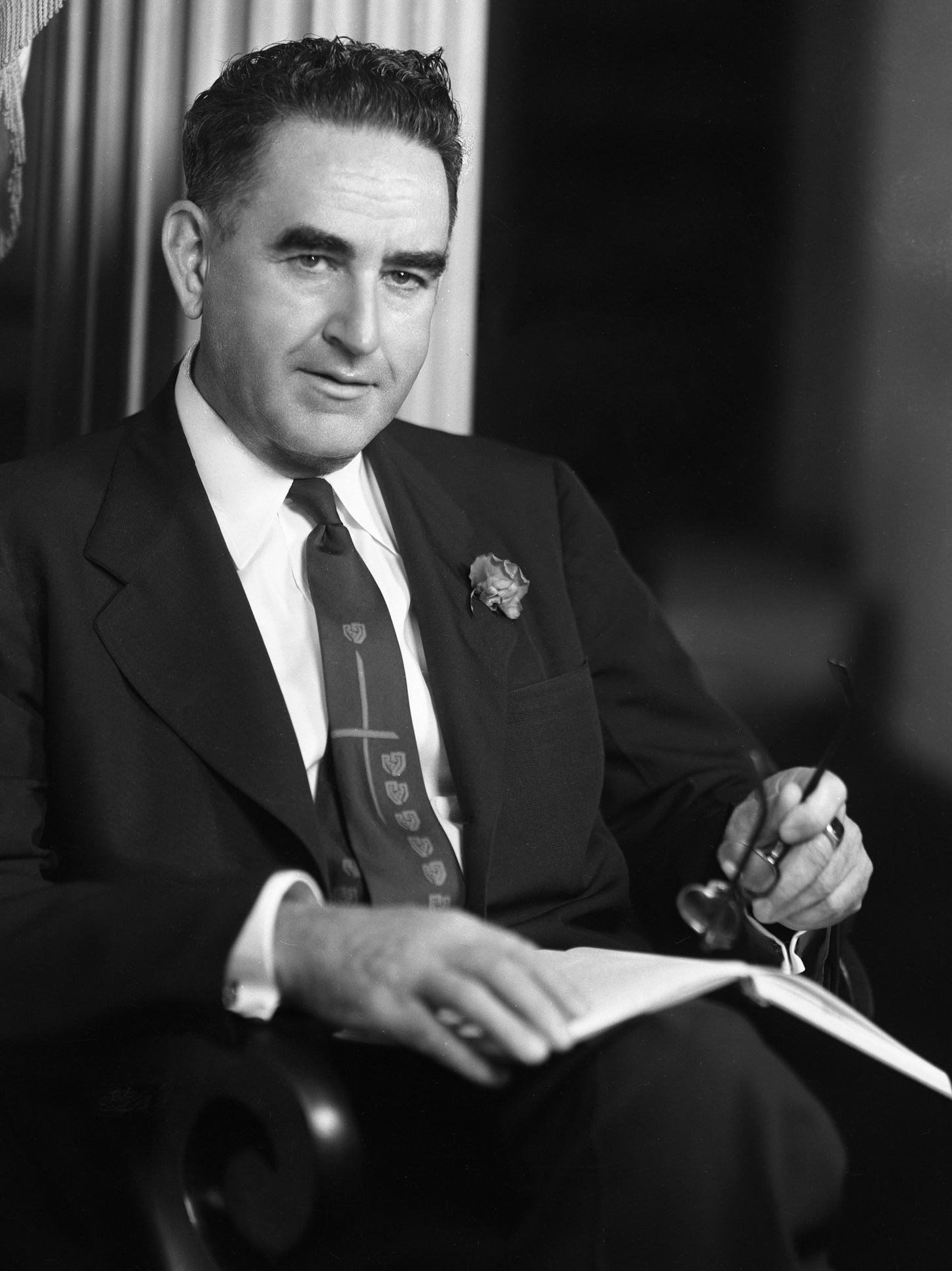From Haw River to Logan Street
Mark Robinson foreshadows a deeply personal, populist campaign for governor — a throwback to a previous era
Nobody gave him a shot to be elected governor. Charismatic, sure, but too brash, too outspoken, too polarizing, too unsophisticated and — let's face it — too radical. Called a "political accident," his verbal outbursts made the highly educated, upper-class business class downright uncomfortable.
That's bad enough, but he was also running against a major Council of State figure, the well-funded heir apparent to the political machine.
But the same things that made him hated were his greatest political assets. On the campaign trail, he railed against the elites and stood up for the "forgotten people," pushing for better schools and more money for infrastructure and high-speed communication. And he spun a powerful tale of his upbringing that connected with voters and turned them into a devoted grassroots movement.
I'm talking, of course, about Kerr Scott, who pulled off perhaps the biggest upset in North Carolina political history when he was elected governor in 1948.

